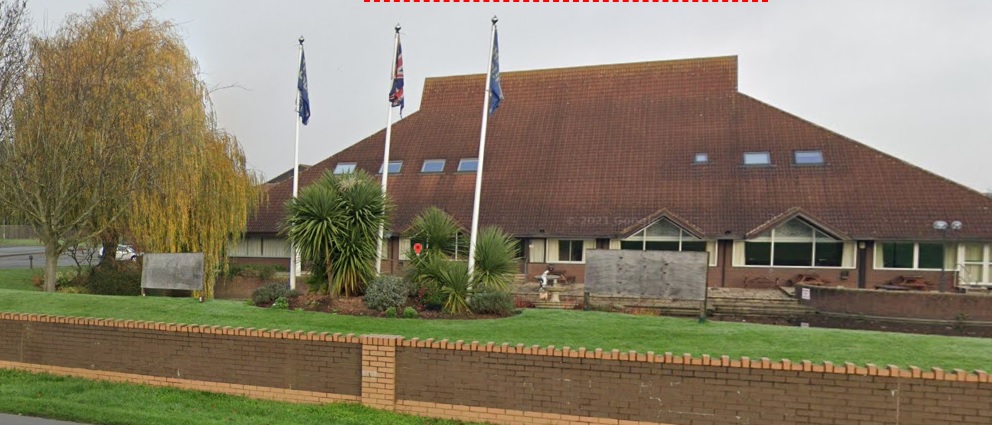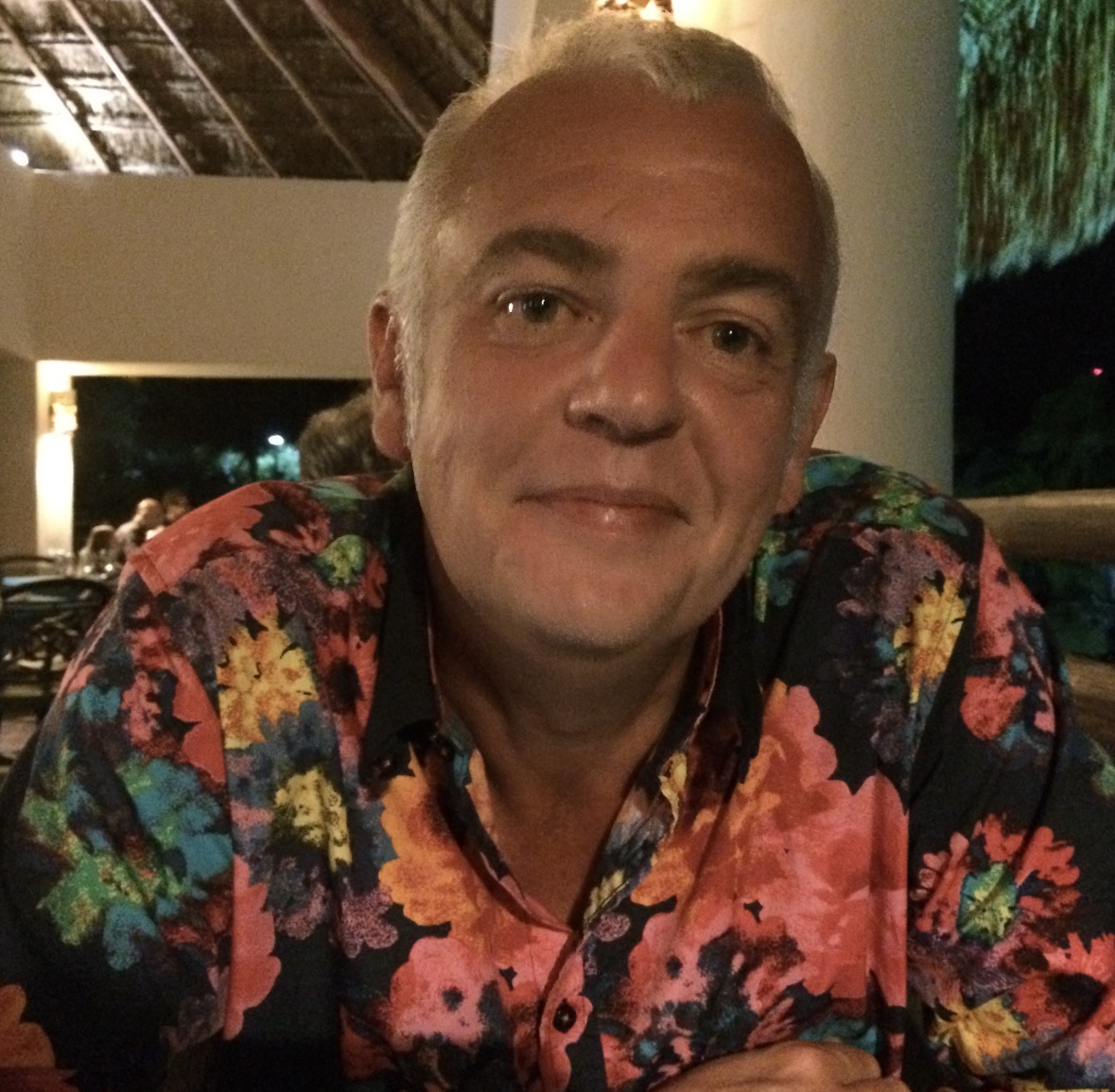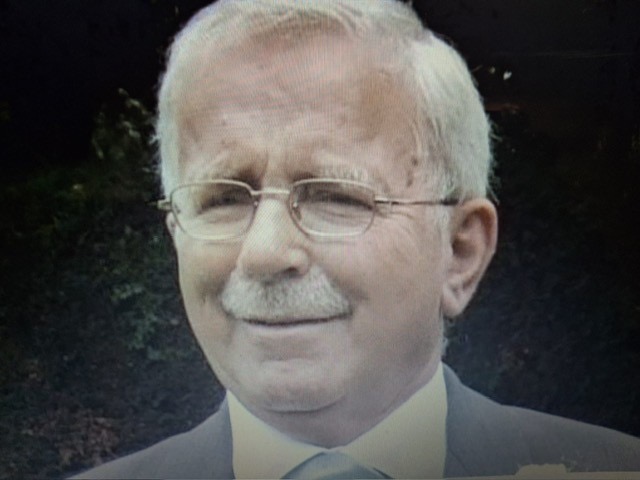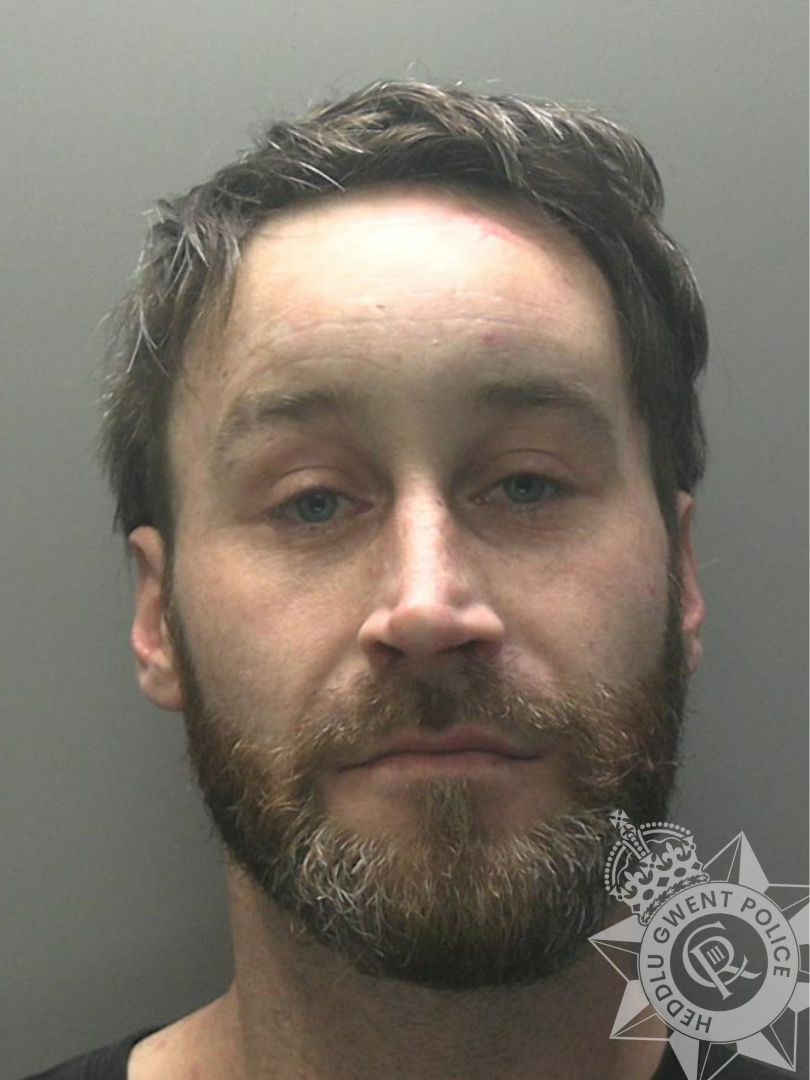Google Street View – Three Counties Hotel Hereford.
Herefordshire Council says it expects all asylum seekers staying at the Three Counties Hotel to be adult males due to pressures in asylum system.
In a recent update, Herefordshire Council said:
“It is anticipated that all arrivals to the hotel will be adult males. This is based on need and pressures in the asylum system.”
Update from Herefordshire Council (March 2023):
In February 2023, the Home Office informed Herefordshire Council that they intended to use the Three Counties Hotel, Belmont Road, Hereford as accommodation for asylum seekers. Read our full Three Counties Hotel statement.
While we appreciate local concerns, please be mindful that not all of the individuals being accommodated at the hotel will understand English and they may have had a very difficult experience before arriving here. Thank you for your patience and understanding at what will be a worrying and confusing time for them.
We know you will have a lot of questions about this situation and what the council’s involvement is. We have put together a number of responses to some frequently asked questions below which will hopefully help in understanding what’s going on. These have been updated to reflect questions from the public including those raised at the Belmont Rural Parish Council open meeting on 17 March 2023.
Why have asylum seekers been placed in the hotel?
The Home Office recently told us that they intended to use the Three Counties Hotel as temporary accommodation for people awaiting the outcome of their asylum application. This is due to the number of boats that cross the English Channel continuing to rise, which means that not all asylum seekers can be accommodated in specialised migrant processing centres. The use of hotels is happening across the country and not just in Herefordshire.
If you have any questions about the use of the hotel, please contact the Home Office by emailing public.enquiries@homeoffice.gov.uk or calling 020 7035 4848.
Was Herefordshire Council asked if the hotel could be used for this?
No. The Home Office makes the decision on which hotels are used as contingency accommodation and where they place those seeking asylum.
Is Herefordshire Council receiving any funding for this?
No. The council receives no funding as it has no role in operating or supporting the hotel. This is being managed by a Home Office contractor called Serco. We do not have information on the cost of this.
The exception to this is if there are unaccompanied children identified in the asylum seekers arriving at the hotel. The council will have responsibility for providing accommodation for them and social care support. The government will provide some funding to the council if this is the case.
Will other hotels in Herefordshire be used?
The Home Office has told us that they have no plans to use further hotels in Herefordshire.
Who is responsible for the day to day running of the hotel?
The Three Counties Hotel is responsible for the day-to-day running of its premises, such as meals, cleaning, maintenance of the external areas and refuse collection. Serco have housing officers on site to provide support to those resident at the hotel.
Will the people being accommodated be single persons or families?
It is anticipated that all arrivals to the hotel will be adult males. This is based on need and pressures in the asylum system.
How long will they remain in Herefordshire?
At the moment, we do not know how long the hotel will be used but the Home Office has signed a 12 month contract with the owners. Length of stay for individuals will depend upon the progress of their application. They may also be moved from the hotel to other accommodation elsewhere, during this process. It is understood that most applications are currently being concluded within six to twelve months. This means that those staying in the hotel will change over time.
Will people seeking asylum have access to local health services?
Yes, they will be able to access local health services in the same way as any person visiting Herefordshire on a temporary basis would do. They will be registered with Hereford Medical Group. Each patient will have an initial health assessment. For all future appointments required, people staying at the hotel will request these in the same way as for all other patients. There is a small amount of funding being provided to allow some additional locum cover to be sourced.
Will school-age asylum seekers be placed in local schools?
Were children to be placed in Herefordshire, they would be given access to education. This could be through attendance at local schools and colleges or through other ways depending upon the needs of those placed here. However, no impact is anticipated for local schools, given the likelihood that the asylum seekers will be adult males and no family groups.
Will there be costs to the council’s social care services?
Given the profile of those arriving, it is unlikely there will be costs associated with social care services. This will depend upon the needs of individuals, once they have arrived. There is no direct funding from government towards the cost of any social care services, with the exception of unaccompanied children who may be identified when they first arrive at the hotel.
What essentials will be provided to asylum seekers at the hotel?
Serco will provide a range of essential items, including toiletries. Meals are provided at the hotel. Asylum seekers will receive £9.10 per week. They will not be given mobile phones.
Will they be given ID?
An Application Registration Card (ARC) which is a credit card-sized plastic card is issued by the Home Office to individuals who claim asylum. It certifies that the holder is an asylum claimant and can remain in the UK while their claim is pending.
Can asylum seekers claim welfare benefits?
Asylum seekers are not able to claim welfare benefits.
Will people seeking asylum be able to work?
People seeking asylum are not normally allowed to work in the UK while their claim is being considered. They are instead provided with accommodation and support to meet their essential living needs if they would otherwise be destitute. The Home Office may grant permission to work to those whose claim has been outstanding for more than 12 months through no fault of their own.
Asylum seekers are encouraged to volunteer while their claim is being considered. By volunteering for an organisation in the voluntary and community sector, asylum seekers can support their local community, and this will also assist with their integration if they are granted leave to remain in the UK.
Will people seeking asylum be free to leave the hotel?
Those staying at the hotel are free to come and go from the hotel, should they choose to do so, but are expected to live in their assigned accommodation while their application is being processed. If there were any concerns about missing persons, Serco would report this to the relevant authorities.
What additional security has been put in place?
Serco are providing staff to ensure 24-hour on-site security cover at the hotel, seven days a week. The security presence is in place for the safety and security of those staying and working there and for the property.
What is being done to ensure their behaviour inside and outside the hotel?
All arrivals receive an induction and information about UK culture, values and law. This includes information on British values, such as respecting and obeying the law, respecting the rights of others and treating others with fairness.
Specific risks have not been identified and police will be working with council and other colleagues to promote community cohesion and prevent crime in the local area. Feedback from other areas where asylum seekers have been accommodated is that there have been low levels of crime and disorder during their stay.
The council is in regular contact with Serco, which will enable us to raise any concerns and monitor issues as they arise. Any concerns about noise and anti-social behaviour from the hotel should be emailed to refugeesupport@herefordshire.gov.uk where it will be raised with the hotel and relevant partners.
Any concerns about anti-social behaviour in the local area should be reported to the police. The police will deal with any such reports or concerns as they would normally do, supporting the victim and dealing with the perpetrator. If you have a crime to report, please contact the Police in the usual ways by either calling 101 or using their online reporting form. Only use 999 if you or someone else is in immediate danger or if the crime is happening right now.
How long will the asylum seekers have been in the country and where will they have come from?
We do not know this, and the Home Office does not comment on individual cases.
We anticipate that most of the asylum seekers will be newly arrived in the UK and others may have been in the UK for some time while awaiting a decision on their asylum claim.
Asylum seekers come from many parts of the world. Government statistics indicate that in the year ending June 2022, the top five countries were Iran, Albania, Iraq, Afghanistan and Eritrea. The number of refugees and people seeking asylum goes up and down, depending on what is happening in the world. Conflict in several countries has swelled recent figures, for example.
The nationality of those residing at the hotel, therefore, will vary and they will have different backgrounds and experiences. Specifically, the issue of military experience or training is not known to be an issue anywhere within the asylum programme.
Why don’t people seeking asylum stay in the first safe country?
There is no legal requirement for an asylum seeker to make their claim in any particular country. Most do stay in the first safe country with 80% of the world’s asylum seekers and refugees living in countries neighbouring their country of origin.
While women and girls make up about half of any asylum seeking, refugee or internally displaced population, they may be left in refugee camps in neighbouring countries while the men leave the camp to take the often risky trip to another country. Their families may stay behind and wait until the men have applied for asylum and the rest of their family will then follow in a much safer way. This is often facilitated by the British Red Cross.
The number one reason that asylum seekers give for continuing their journey to the UK is that they have family ties here. This covers over 50% of cases. Others are more practical, for example, if they speak the language. It is also not uncommon for asylum seekers to also state their belief that the UK is a safe, tolerant and democratic country and refer to previous links between their own country and the UK.
What about bogus/illegal asylum seekers?
There is no such thing as an ‘illegal’ or ‘bogus’ asylum seeker. Under international law, anyone has the right to apply for asylum in any country, that has signed the 1951 Convention Relating to the Status of Refugees, and to remain there until the authorities have assessed their claim. It is a legal process.
How many refugees and people seeking asylum are there in the UK?
According to statistics from the United Nations High Commissioner for Refugees, as of November 2022 there were 231,597 refugees and 127,421 pending asylum cases (these figures include recent Ukrainians arrivals). This is 0.5% of the UK’s total population. In the year ending June 2022, 76% of initial decisions on applications for asylum resulted in a grant of asylum or other form of protection.
How can I help?
If you would like to volunteer your time to support people seeking asylum or are a voluntary organisation or community group that can offer help, please contact hvoss, a local support service for charities, voluntary organisations and community groups, email volunteer@hvoss.org.uk or call 01432 343932.
Definition of terms used in these FAQs
Migrant
Migrant is a general umbrella term for someone who changes his or her country of usual residence, irrespective of the reason for migration or legal status.
Asylum seeker
An asylum seeker is someone who has arrived in a country and asked for asylum to change their country of usual residence due to fear of persecution for reasons of race, religion, social group, or political opinion. In this sense, asylum seekers are generally counted as a subset of migrants. Until they receive a decision as to whether or not they are a refugee, they are known as an asylum seeker. In the UK, this means they do not have the same rights as a refugee or a British citizen would. For example, people seeking asylum are not allowed to work.
Refugee
Refugee has a specific definition in law and is defined by the 1951 Geneva Convention, as someone who is forced to leave their country due to persecution based on their “race, religion, nationality, membership of a particular social group or political opinion.” Governments undertake a legal process to determine if someone should be given refugee status. Gaining this status is a requirement to the grant of asylum in the UK. If an asylum seeker did not come directly to the UK from the country where their life was threatened and their application is successful, they will be granted ‘temporary refugee permission to stay’ for a minimum of 30 months. The exact amount of time depends on how their application is assessed.




